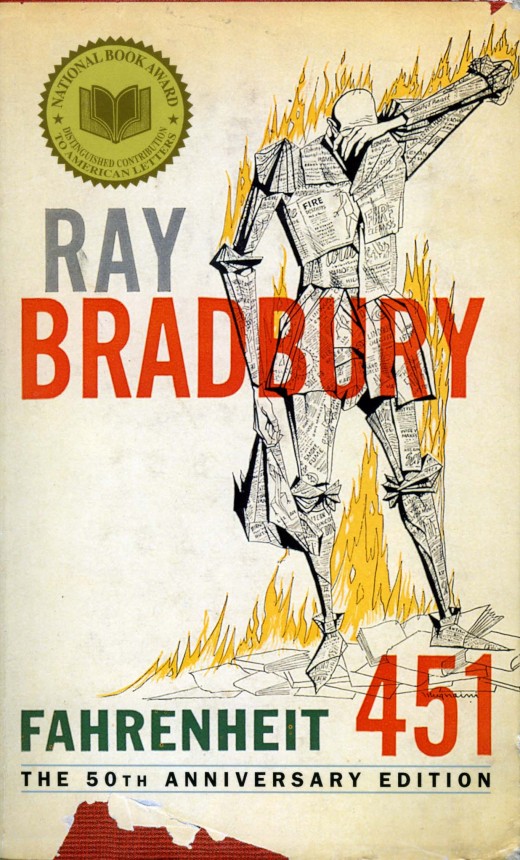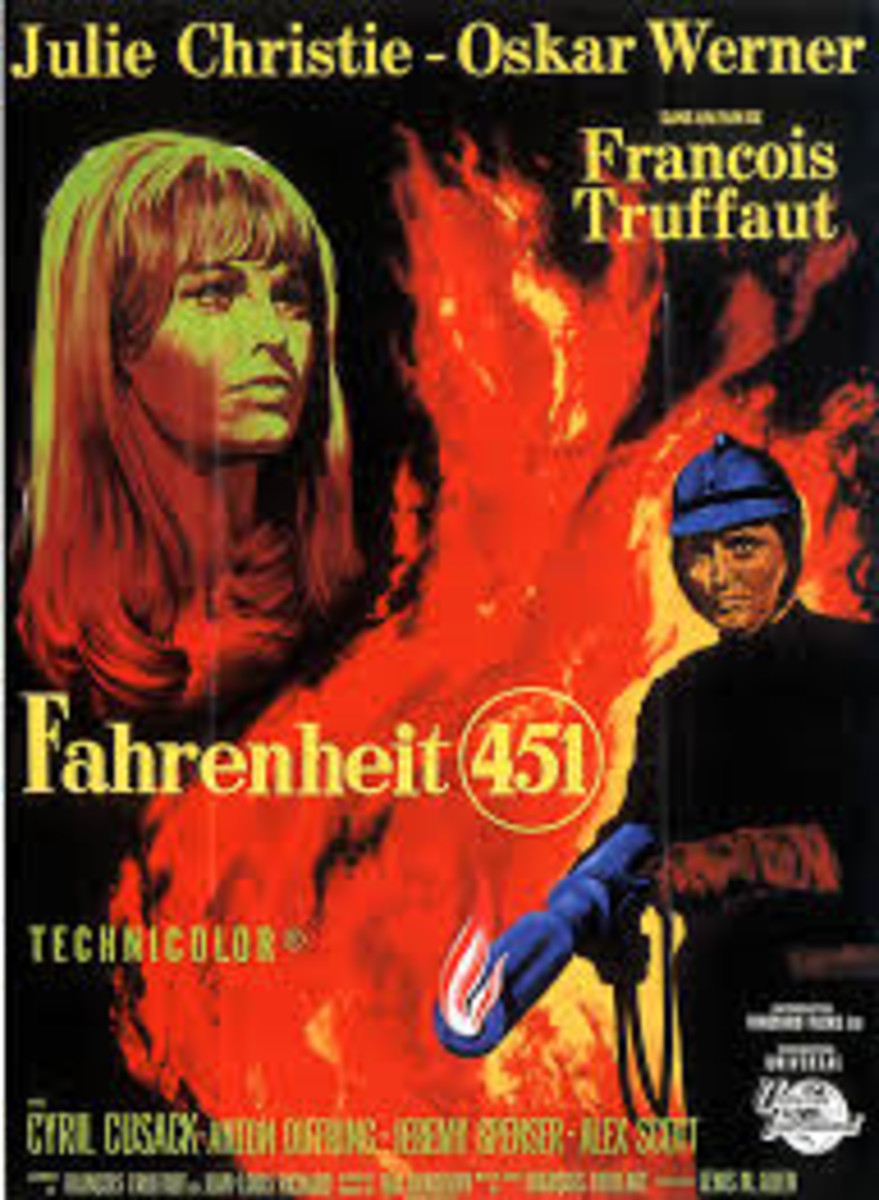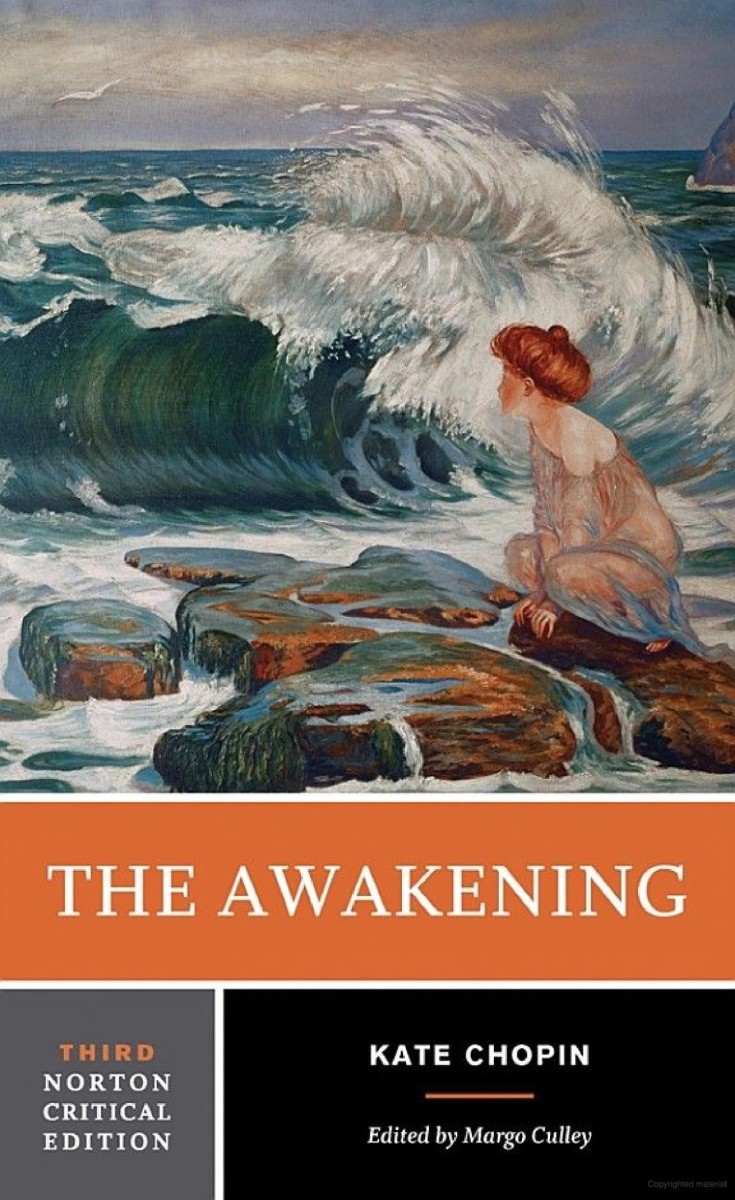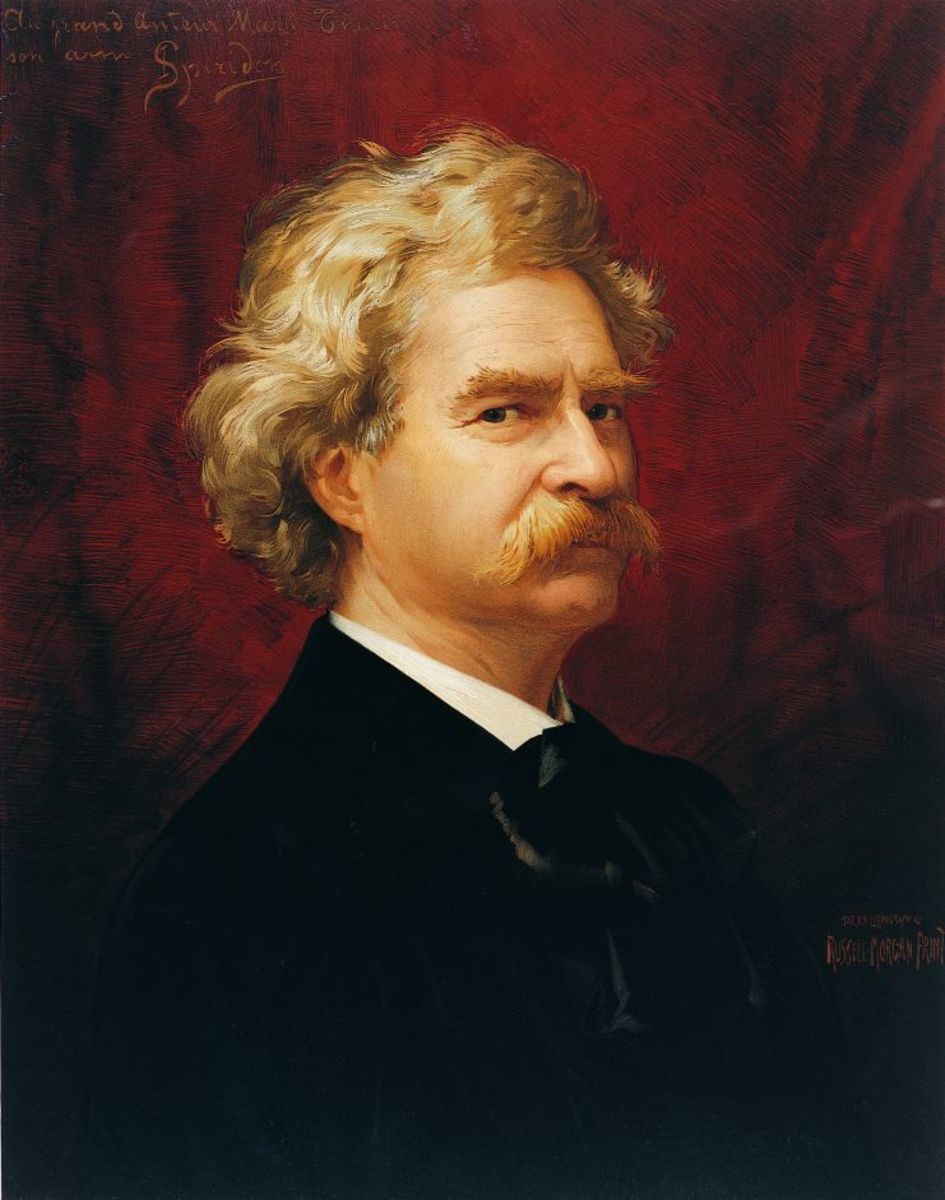Books That Shaped America-- Part 1
A man renting a typewriter for a few hours to quickly pick out a story or novel to help feed his family. A young woman, crippled by lupus and living on a farm in Georgia with her mother and her flock of peafowl. A roaming journalist who's life was marked by loneliness and depression. They may not seem very important, and if they lived next door to you, they very well might be the oddities of the neighborhood. But in a way they have more influence than the politicians and money-makers of the last century because they have helped to change and shape the way the past several generations have learned to think and reason.
There's an old adage that says that the pen is mightier than the sword. And with the power of a well-written story to draw us in and make us sympathize with whoever the author chooses, it's not surprising that it's the men and women of letters who are some of the most "forward" thinkers of their days. They have had a platform to present their ideologies and thoughts to the masses. I would never suggest that one book is solely responsible for changing entire thought patterns and mindsets. But I do think that literature affects individuals, both positively and negatively, and in doing so influences culture as a whole.
Another saying states that you are what you read, and to a large extent, it's true. But you can learn to read objectively and critically, always trying to understand what an author is saying between the lines, and how what they say reflects what they think and believe. And even more importantly, you can learn how to recognize the way what you read influences and shapes you and your ideals.

Of Mice and Men
Written in 1937, John Steinbeck's novella is almost as controversial as it's author. It has been understandably censored for vulgarity and offensive language, but it's the more subtle themes running throughout that are what really makes this book influential.
It's basic story line is quite simple. During the Depression, George and Lennie drift from job to job as farm hands, unable to stay in one place because of Lennie's mental disabilities that constantly get him into trouble. So they keep traveling, living off their small salaries and the dream that someday, they will have their own little farm and "live off the fat o' the land".
On the surface, it looks like a touching story of loyalty and friendship. But that's merely a vehicle to make several disturbing moral and ethical points. Beyond the already mentioned vulgarities, there's a flippant disregard for sexual morality, and themes of euthanasia are woven in subtly. Most importantly for the story, the final scene is a hugely pragmatic decision on what many would term lesser forms of life. These were unacceptable morals when the book was published.
It's understandable to like Steinbeck's work; it comes from the hand of a true master, and he has a remarkable ability to draw you in emotionally and make you attached to the people you meet in his stories. But you can't allow your mind to turn off and your feelings to lead, because there are themes in here that can and have influenced millions of people in the world today. With these kind of ideals, is it any wonder that abortion is commonplace, and the killing of the elderly and mentally challenged is becoming acceptable?

Fahrenheit 451
Fahrenheit 451 is almost eerily prophetic in it's nuances. It shows us a society where no one is engaged in the real world anymore, intellectually or emotionally. It gives us a world where love is a forgotten reality, and life is regarded flippantly. A place and time where humanity moves too fast and recklessly to see any of the beauty around them.
The protagonist Guy Montag is a fireman in a future where firemen don't fight fires, they start them. But it isn't homes and buildings they destroy, it's books. Shakespeare, the Bible, and any other great work are treated no differently than a hack novel or comics. The government found that through books, people learn and feel, so anything printed has become contraband to be found out and destroyed.
On the other hand, society has become addicted to their "walls", monstrously huge television screens that now contain a person's "family" and practically their whole existence. Everyone lives for his or her own pleasure, feeling nothing and thinking nothing. And Montag is tired of the void, especially after he comes home to find that his wife has once again overdosed on her sleeping medication to kill herself. But he's never known anything different and doesn't understand how to change anything until he meets his new neighbor, Clarisse McClellan. Her idealism and appreciation of beauty stay with him until a few days after she disappears, when he steals a book from a house he's called to burn. Reading it opens his eyes to the horror of the world he lives in and over the next year he steals many books, eagerly absorbing each of them until his wife finds out and exposes him.
Montag is now a man on the run, a fugitive from the system he was once a part of. But as he flees the mental and physical death required by the firemen chasing him, he meets a community of others who have made a point of remembering the world that was, and protecting the great works of literature by storing them in their minds, waiting for a day when the world will slow down enough to remember.
Ray Bradbury wrote this short novel on a "pay typewriter", renting it at 10 cents per half hour to try to write something to sell that would feed his family. The irony of it all is, as he furiously pecked away on what we would consider an antique, he wrote an account of the world that we live in, albeit exaggerated. He correctly diagnosed the problem he saw coming in a world of technology and speed, but he seemed to have the wrong solution. Though literature is an important aspect of any culture, the saving of mankind can't be found in the pages of any book, save one. Redemption for humanity has but one source, and the Word of Life can only be found in one book that tells the story's of the world's true Saviour, Jesus Christ.
"I don't believe in 'original sin.' I don't believe in 'guilt.' I don't believe in villains or heroes-- only right or wrong ways that individuals have taken, not by choice but by necessity or by certain still-uncomprehended influences in themselves, their circumstances and their antecedents." -- The World I Live In; Tennessee Williams Interviews Himself
A Streetcar Named Desire
Tennessee Williams may very well be the best playwright of the 20th century, with works still recognized by name. Cat on a Hot Tin Roof, Suddenly Last Summer, and A Streetcar Named Desire are some of the most remembered. With Streetcar, Williams gave the world one of the most brutish and carnal of "heroes" in Stanley Kowalski, who eventually victimizes his wife's sister Blanche DuBois. Visiting her sister after loosing the family estate, Blanche is on the verge of nervous breakdown and Stanley's abuse makes her completely loose her mind, with the play culminating with her being institutionalized.
There is a fatalistic air to the play-- each character is being led to his or her end by forces outside themselves. Indeed this is true of all of Williams' plays and it's not surprising that he was a homosexual, a lifestyle that in itself rejects the hope of life. Overtones of this inclination are found in nearly every one of his plays with more or less subtlety. It has also led to more acceptance of the lifestyle in theater and film, done in a way that will make the viewer sympathetic to the "victims" who wish to live outside the boundaries of morality, playing on emotions rather than a basic acknowledgement of right and wrong.








